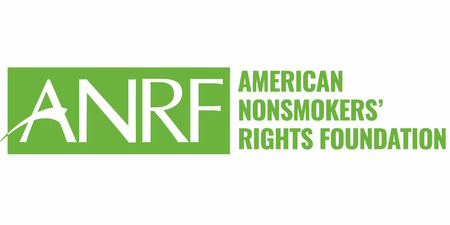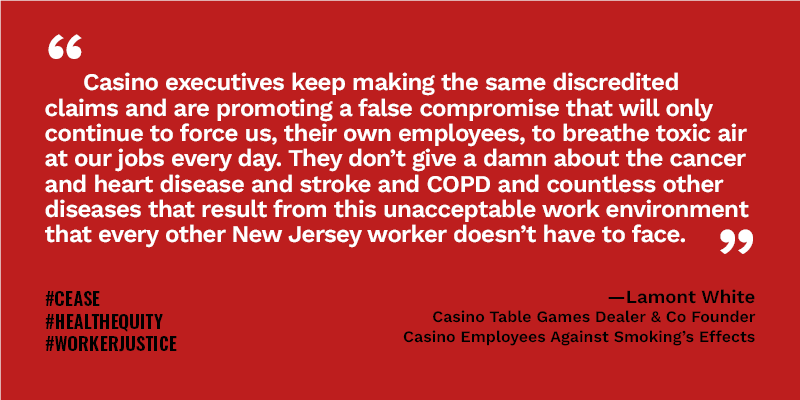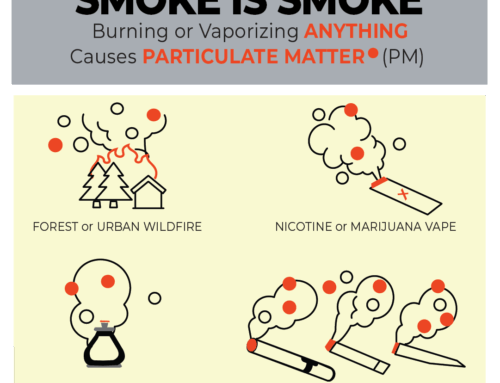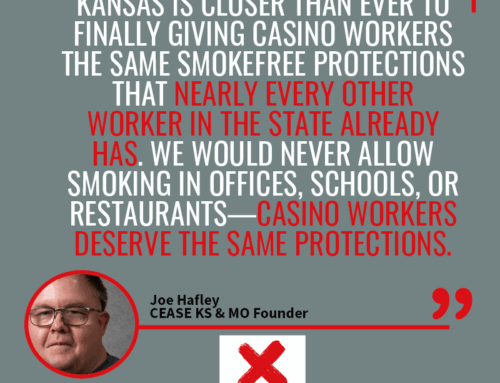CEASE: “Casino executives keep making the same discredited claims and are promoting a false compromise…”

April 5, 2024
Contact: press@no-smoke.org
Atlantic City, NJ – As Atlantic City casino workers continue to live with an 18-year-old compromise that excluded them from the state’s smokefree indoor air law, casino executives and their allies continue to peddle falsehoods that seek to scare off legislators from taking action.
Just a few days ago, the Associated Press reported that Casino Association of New Jersey President Mark Giannantonio said ending indoor smoking “would lead to the loss of as many as 2,500 casino jobs and millions in lost state tax revenue. He supports a compromise proposal to allow smoking to continue away from table games and in areas where no employee would be forced to work.”
However, these predictions are based on a study funded by his own organization and are not reflected in actual outcomes from other markets where casinos stopped allowing indoor smoking. Their study was based on data from more than 15 years ago and is not considered a serious report by any neutral observer.
The only independent research conducted in the last few years is the C3 Gaming report in 2022. The Las Vegas-based researchers who depend on the gaming industry for their business survival looked at actual performance in competitive markets with a smoking and non-smoking casino – they didn’t make guesses about revenue performance. They wrote that, “data from multiple jurisdictions clearly indicates that banning smoking no longer causes a dramatic drop in gaming revenue. In fact, non-smoking properties appear to be performing better than their counterparts that continue to allow smoking.”
Additionally, a recent poll found that 74% of New Jerseyans and Philadelphians would be more likely to visit Atlantic City casinos if they were to operate 100% smokefree indoors.
Further, the so-called compromise Giannantonio alludes to is anything but a solution that would protect casino workers from toxic secondhand smoke. It would actually increase the level of smoking in casinos and put workers in the position of having to accept shifts in smoke-filled rooms, a concept first proposed in the 1990s by tobacco industry giant Phillip Morris as an ‘accommodation’ and ‘options program’ with the goal of maintaining indoor smoking and keeping their customer base addicted to their products.
Lamont White, a Borgata dealer and the co-founder of Casino Employees Against Smoking Effects (CEASE), rebuked Giannantonio’s claims, stating, “Casino executives keep making the same discredited claims and are promoting a false compromise that will only continue to force us, their own employees, to breathe toxic air at our jobs every day. They don’t give a damn about the cancer and heart disease and stroke and COPD and countless other diseases that result from this unacceptable work environment that every other New Jersey worker doesn’t have to face.”
Donna DiCaprio, President of Unite Here Local 54, has shamefully echoed sentiments similar to those of the Casino Association of New Jersey, expressing reservations about protecting workers – even though unions are typically known for protecting the health and well-being of their workers.
###
ABOUT AMERICANS FOR NONSMOKERS’ RIGHTS
ANR Foundation’s sister organization, Americans for Nonsmokers’ Rights (ANR) is a member-supported, non-profit advocacy group that has been working for over 45 years, since 1976, to protect everyone’s right to breathe nontoxic air in workplaces and public places, from offices and airplanes to restaurants, bars, and casinos. ANR has continuously shined a light on the tobacco industry’s interference with sound and life-saving public health measures and successfully protected 61% of the population with local or statewide smokefree workplace, restaurant, and bar laws. ANR aims to close gaps in smokefree protections for workers in all workplaces, including bars, music venues, casinos, and hotels. For more information, please visit https://nonsmokersrights.org and https://smokefreecasinos.org.






